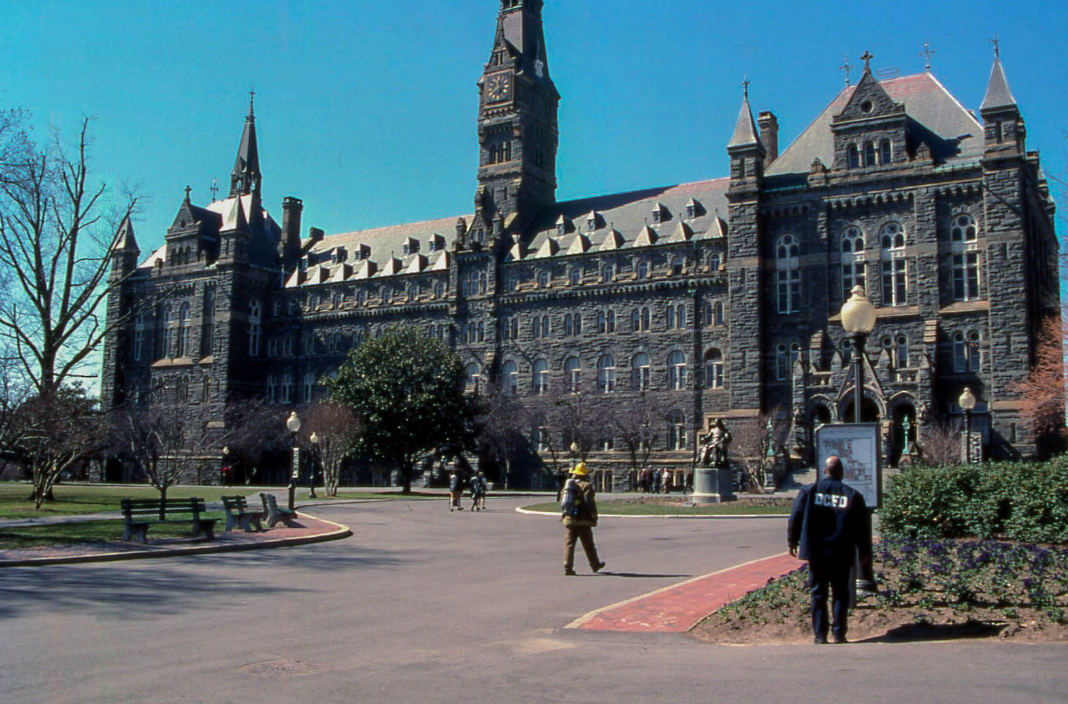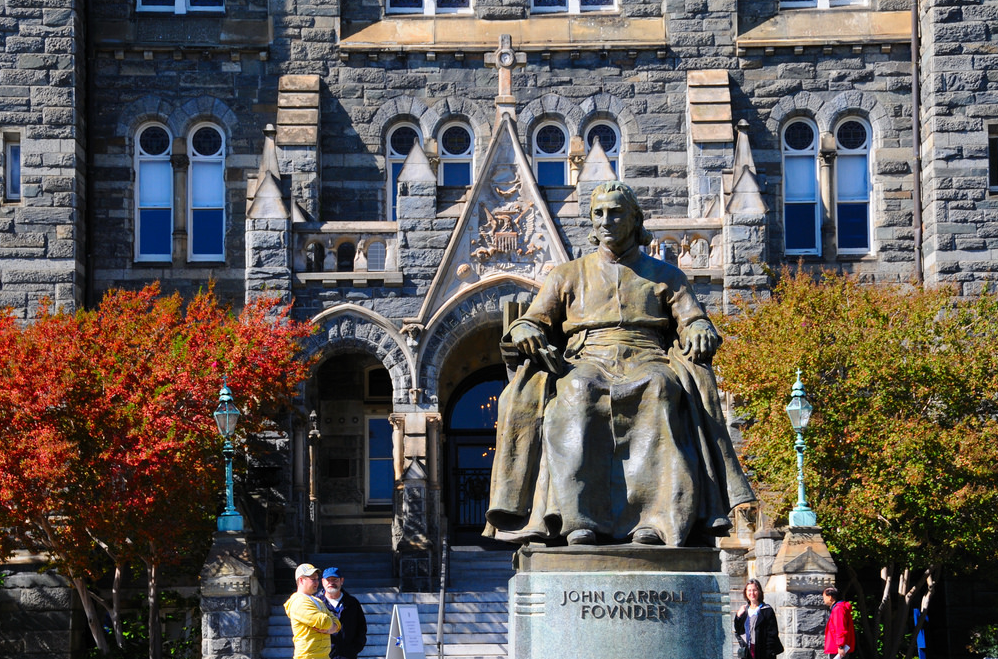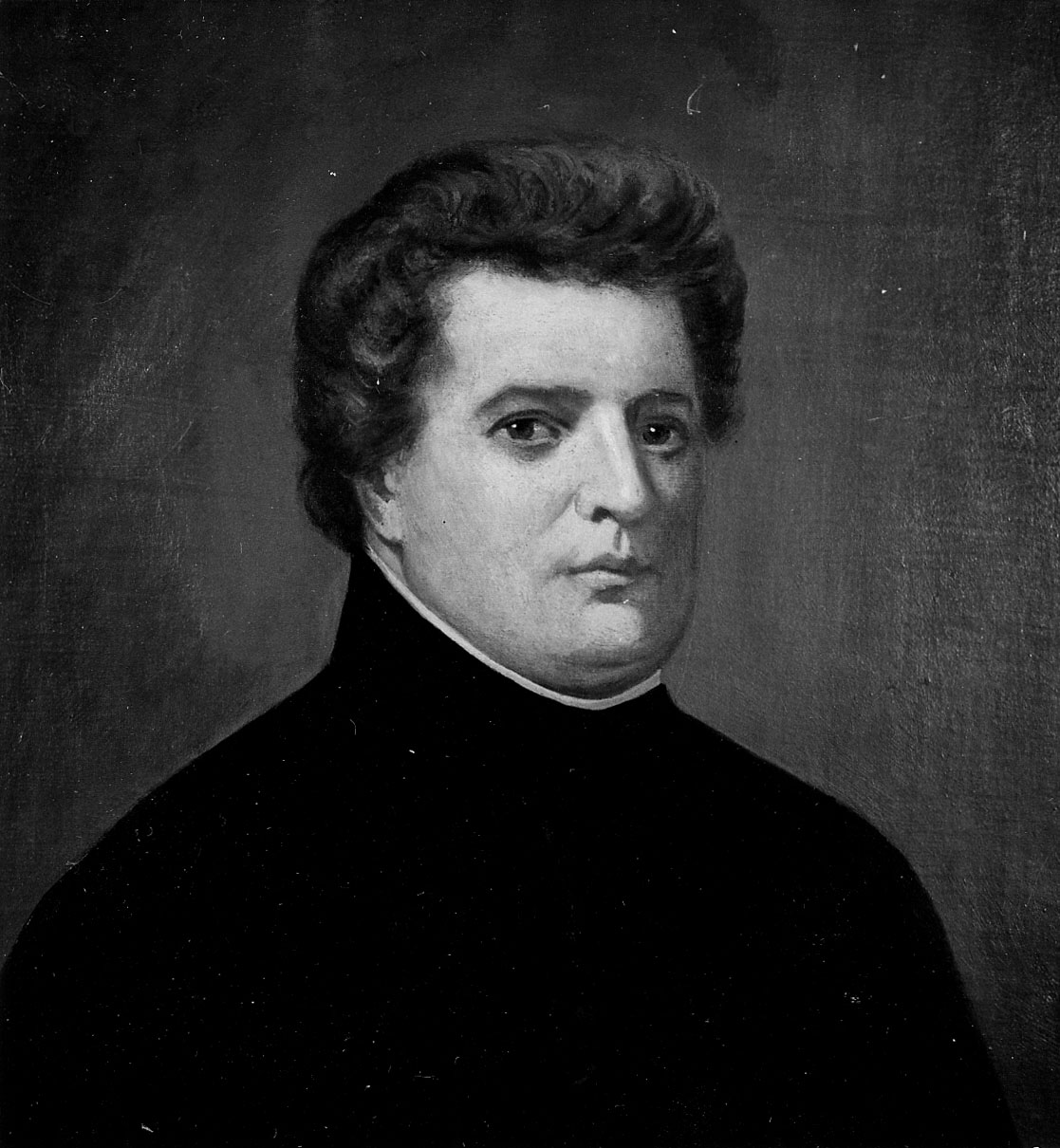Georgetown Makes Big Move in Fighting Its History of Slavery

By:
The prestigious Georgetown University has an unflattering history of trading slaves to save the university that some people may not know about, and the institute of higher education recently announced that it will try to make up for past behavior by elevating the descendants of slaves today.
 Flickr/David Wilson - flickr.com
Flickr/David Wilson - flickr.com
Georgetown officials said on Wednesday that they are planning on taking several courses of action to rectify previous misdeeds, perhaps most notably announcing that it will give preferential treatment to descendants of slaves who apply to the university, according to The New York Times. The preferential admission treatment for descendants who apply to the university will parallel the boost that children and grandchildren of alumni receive, The New York Times reported.
"I believe the most appropriate ways for us to redress the participation of our predecessors in the institution of slavery is to address the manifestations of the legacy of slavery in our time," Georgetown president John J. DeGioia wrote in an academic release on Thursday. "Some of the efforts that we began in February 2016—a Department of African American Studies, a new center focused on racial justice, and hiring of new faculty to support this work—are means of engaging this challenge."
DeGioia also shared a report from Georgetown's Working Group, which solicited feedback from the community on how to atone for its history of racism. The Working Group report recommends that Georgetown rename one of its halls after an enslaved person and another hall after a free woman of color who educated young black girls, apologize to the community for the university's history of slave trading, actively interact with descendants of slaves, create a public memorial for the enslaved, and create a new Institute for the Study of Slavery and Its Legacies.
 Flickr/Serge Melke - flickr.com
Flickr/Serge Melke - flickr.com
As The New York Times pointed out, noticeably absent from the plan is the establishment of a descendants only scholarship, which a university committee suggested at a gathering on Thursday morning.
A New York Times report from earlier this year highlights the university's history of slave trade in great detail.
The report acknowledged that multiple elite colleges, such as Brown University and Harvard University, have publicly acknowledged their ugly history of engaging in slave trade, but that Georgetown's 1838 slave trade orchestrated by Jesuits "stands out for its sheer size." That year, 272 slaves were sold to help get the university out of debt, which was the fault of then-Georgetown president Thomas Mulledy. Georgetown previously named a hall after Mulledy, but that hall has since been renamed to Freedom Hall, which is set to be renamed again as part of Georgetown's reparations for the past.
 Georgetown University - georgetown.edu
Georgetown University - georgetown.edu
Last fall, when administrators and students voiced concern over building names that allude to Georgetown's history of slave trade, Georgetown history professor David Collins said that the university as a whole has been forced to reckon with its past.
"Whether people know that history or whether people think that history is important, that changes from generation to generation," Collins said, according to American University radio station WAMU 88.5. "So the Georgetown community is becoming aware again and in a new and deeper way of a history that's been known for several generations already."
